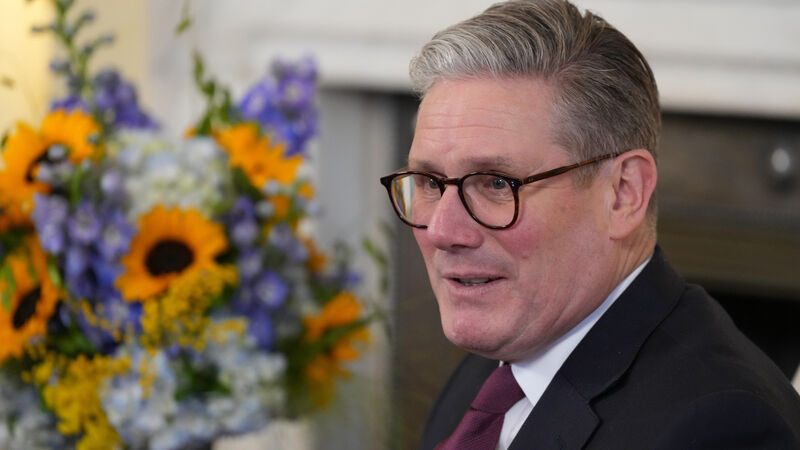Starmer slashes aid to fund biggest increase in UK defence spending since Cold War

Birtish prime minister Keir Starmer has slashed the aid budget to fund a dramatic increase in defence spending (Frank Augstein/PA)
Keir Starmer has slashed the aid budget to fund a dramatic increase in defence spending in response to “tyrant” Vladimir Putin and uncertainty over US President Donald Trump’s commitment to European security.
The British prime mminister said spending on defence will rise from its current 2.3% share of the economy to 2.5% in 2027.











